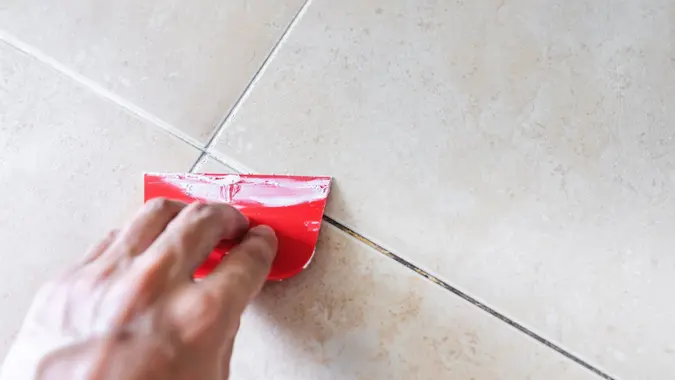6 Ways To Prevent Your Property Value From Plummeting in 2025

Commitment to Our Readers
GOBankingRates' editorial team is committed to bringing you unbiased reviews and information. We use data-driven methodologies to evaluate financial products and services - our reviews and ratings are not influenced by advertisers. You can read more about our editorial guidelines and our products and services review methodology.

20 Years
Helping You Live Richer

Reviewed
by Experts

Trusted by
Millions of Readers
Property values have had quite a run since the 2020 pandemic, more than doubling in many markets. Between that run-up, high inflation the past two years, persistently high interest rates and the long time since the last recession, some market watchers are concerned about the lofty valuations in certain housing markets. While a true housing crash seems to be unlikely, there are some areas you might want to avoid — or steps you might want to take — to help protect your investment. Here are some suggestions.
Avoid Condos in Oversaturated Markets
When you buy a condo, you don’t own the land that your property sits on. Technically, you own a fractional interest in the complex’s common areas, but your ownership rights are different than if you buy a townhouse or a stand-alone home. In those cases, you own the lot where your property sits, giving you additional value and freedom to do as you wish with your structure. This can make condos less valuable properties to own, particularly in oversaturated markets.
To maintain your property value if this is your ownership situation, find ways to make your condo stand out, by renovating or otherwise maintaining your property in a manner that puts it head and shoulders above any competing units.
Spruce Up Your Older Home
All other things being equal, new homebuyers will usually want fancy new homes over those that are old-fashioned. If your home has an old floor plan, old-fashioned colors and no technological upgrades, investing some money in upgrades can be a good way to keep your home current and up its value. Even somewhat mundane improvements like new windows or fresh paint can help protect your property value.
Stay Out of Areas With Constant New Builds
If you notice the constant building of new homes in your area, it can be a warning sign that your property value may decline — or at least not rocket higher. Although increasing demand is a good thing in the real estate market, when supply matches that demand — or even exceeds it — there’s no push to drive prices higher. In fact, oversupply can often be a trigger that pushes prices lower. The ideal situation is to own property in an area in which new builds are restricted or limited, either by geography or by legislative decree.
Be Careful in the Ultra-Luxury Market
Prices in the luxury end of the market tend to move in extremes. When the economy is booming and money is free-flowing, luxury home prices can reach stratospheric levels. As there is generally limited supply in this end of the market, there aren’t many comparable sales that can give an accurate representation of how much a home is actually worth. This can lead to inflated listing prices, with homes going for millions of dollars above their true value. But the opposite is also true. When money flows out of the market, top-end properties can see their values erode by seven figures.
Understand the Market If You Own a Vacation Home
The mantra for real estate pricing is “location, location, location,” and this is particularly true in the second/vacation home market. When housing prices are high, there is typically less demand for second or vacation homes, as buyers are having enough of a struggle to buy their primary residence.
Currently, some analysts view the second/vacation home market as vulnerable to a decline, especially since prices in this market soared during the post-pandemic era. If you own a second or vacation home, you’re more likely to protect its value if it’s in a prime location that is in perennial demand.
Remember That Housing Is a Long-Term Market
Unlike the stock market, which is highly liquid and easy to move in and out of, the housing market is illiquid. Even if you anticipate a market price decline, it’s a difficult process to move in and out of homes. Generally speaking, you should view your primary residence as exactly that — a place to live and potentially raise a family and build memories together. Trying to anticipate short-term moves in housing prices is likely to trip you up, especially as it costs money to buy and especially sell a house.
 Written by
Written by  Edited by
Edited by 

























